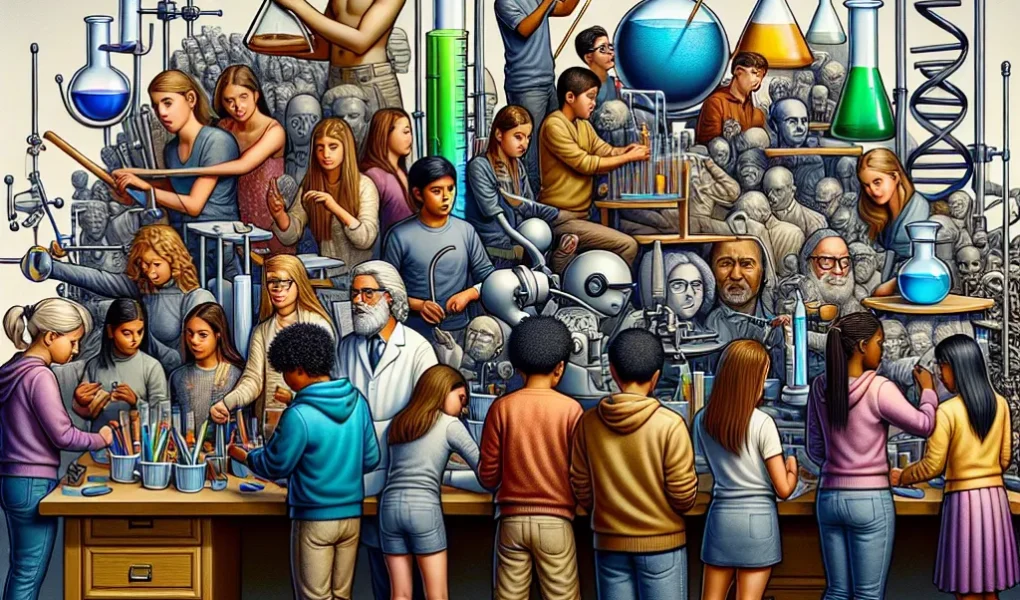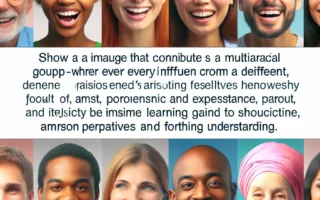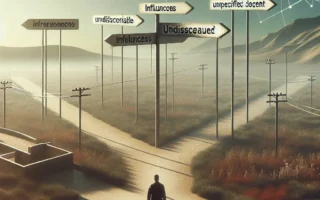Unleashing the Potential of Experiential Learning: A New Paradigm in Education
Experiential learning has emerged as a powerful paradigm in education, unleashing the potential of students to learn through real-world experiences. This innovative approach emphasizes learning by doing, enabling students to actively engage with the material and apply their knowledge in practical situations. By immersing students in hands-on experiences, experiential learning fosters critical thinking, problem-solving skills, and a deeper understanding of complex concepts.
One of the key aspects of experiential learning is its ability to bridge the gap between theoretical knowledge and real-world application. Students are given the opportunity to tackle challenges, make decisions, and learn from the outcomes, thus gaining valuable insights that go beyond traditional classroom settings. This active participation not only enhances retention of knowledge but also cultivates a sense of ownership and independence in the learning process.
Experiential learning also nurtures essential life skills such as communication, collaboration, and adaptability, providing students with a well-rounded education that prepares them for success in the dynamic modern world. By integrating experiential learning into the educational framework, institutions can create a more enriching and impactful learning experience for students, equipping them with the practical skills and mindset needed to thrive in various professional and personal endeavors.
In conclusion, unleashing the potential of experiential learning represents a new and progressive paradigm in education, offering students the opportunity to learn, grow, and excel through immersive, hands-on experiences. As educators and institutions embrace this transformative approach, they open the door to a more effective and holistic model of learning that empowers students to realize their full potential.
The Transformative Impact of Experiential Learning on Student Engagement and Achievement
Experiential learning has emerged as a powerful tool in shaping the educational landscape, with its transformative impact on student engagement and achievement. By actively involving students in hands-on experiences, experiential learning promotes a deeper level of understanding and a more profound connection to the subject matter. This approach not only enhances students’ retention of knowledge but also cultivates essential skills such as critical thinking, problem-solving, and creativity.
Research indicates that experiential learning leads to higher levels of student motivation and enthusiasm for learning. When students are actively engaged in real-world experiences and practical applications of their studies, they are more likely to develop a strong sense of ownership and investment in their education. This heightened engagement propels students to take on more active roles in their learning journey and fosters a greater sense of responsibility for their academic growth.
Moreover, the impact of experiential learning extends beyond improved engagement; it significantly influences students’ achievement levels. By immersing themselves in hands-on activities, students are better able to grasp complex concepts and apply theoretical knowledge in real-life scenarios. This not only solidifies their understanding but also instills a sense of confidence in their ability to tackle challenges and apply their learning in diverse contexts.
Incorporating experiential learning into educational settings is fundamental in nurturing well-rounded, resourceful, and adaptable individuals. The experiential approach equips students with practical skills and a deeper understanding that transcends traditional textbook learning, preparing them to excel in a dynamic and ever-evolving world.
Harnessing Experiential Learning for Holistic Educational Growth
Experiential learning is a powerful tool that has the potential to revolutionize the educational landscape. By harnessing the power of experiential learning, educators can foster holistic educational growth in students. This approach goes beyond traditional textbook learning, providing a hands-on, immersive experience that encourages critical thinking, problem-solving, and practical application of knowledge.
One of the key aspects of harnessing experiential learning for holistic educational growth is the emphasis on real-world experiences. Whether through internships, field trips, or simulations, students have the opportunity to engage with authentic scenarios that mirror the situations they may encounter in their future careers. This not only enhances their understanding of academic concepts but also cultivates essential life skills such as teamwork, communication, and adaptability.
Furthermore, experiential learning encourages students to take ownership of their education. By actively participating in their learning process, students become more invested in their personal and academic development. This sense of ownership fosters a deeper level of engagement and motivation, leading to enhanced learning outcomes and a greater sense of achievement.
Incorporating experiential learning into the educational framework also promotes a multidisciplinary approach. Students are able to draw connections between various subject areas and apply their knowledge in a practical context. This interdisciplinary learning fosters a more comprehensive understanding of complex concepts and encourages the development of well-rounded individuals with a holistic skill set.
In summary, harnessing experiential learning for holistic educational growth empowers students to become active, engaged learners with a deep understanding of academic content and the practical skills needed for success in the real world. By embracing this innovative approach, educators can cultivate a new generation of adaptable, critical-thinking individuals ready to tackle the challenges of the future.



